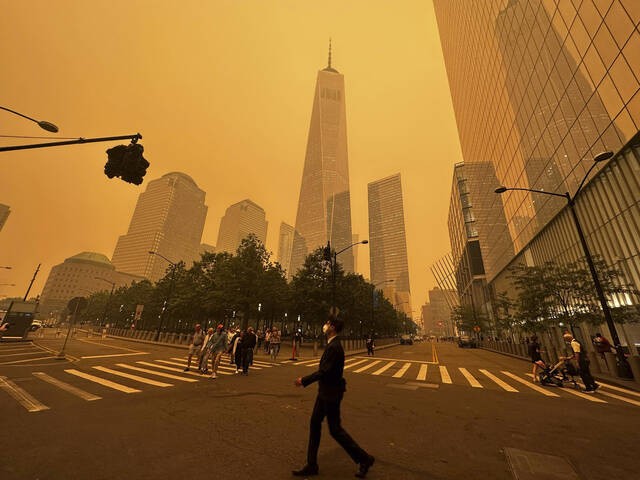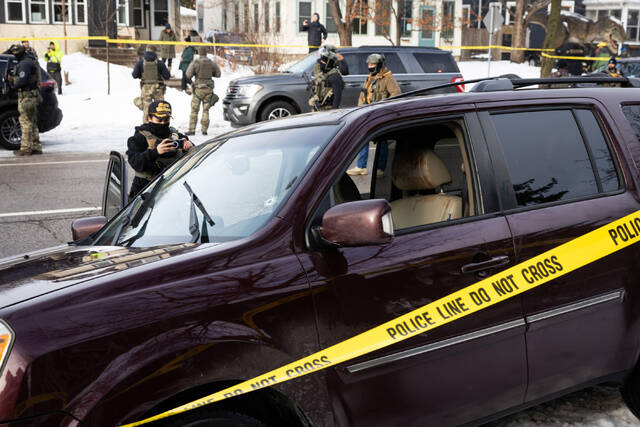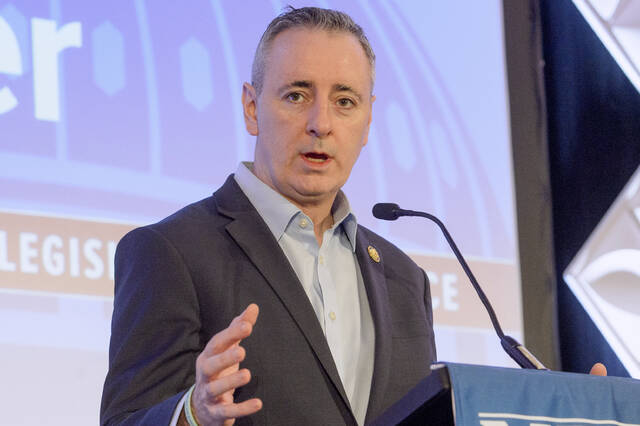Problems can get out of hand when you decide they don’t affect you.
Maybe it’s because you don’t have the time or the money or the ability to do anything about them at the moment. I get it. That’s why my mail accumulates on the passenger seat of my car like someone else is going to decide to pay my cable bill.
Spoiler alert: No one has ever broken into my car, rifled through the envelopes and decided to send Comcast a check.
Sometimes it’s because you just don’t think it’s your problem. For me, this is best summed up by an experience after college when the electric bill was in my roommate’s name. Unfortunately, I picked up the mail, meaning the bill still went into a large pile to think about later — with predictable consequences.
It might even be that the problem seems completely separate from you. This would be another electric bill story. This time it was my neighbor’s bill. Not my fault it ended up in my mailbox. Definitely no impact on me, right? Well, not until the power got cut off one Friday while my neighbor was out of town. It was a week later that she came back and opened her fridge. Just thinking about it now gives me a visceral need to send FirstEnergy money.
For years, it has been easy to think about wildfires this way.
The fires were in California. They were in Australia. They were in the Amazon. They were half a world away. Sad for the people losing their homes in Malibu. Sad for the koalas. Too bad about the rain forest. But what can we do about it? That’s not our problem to fix. We have our own issues to handle.
But then came Canada. There are hundreds of wildfires, with more than 80 categorized as “out of control.”
And why does this matter? Because air doesn’t stand still. The smoke of those fires doesn’t stay where the trees and grass and brush are burning. It travels, and, just like the cold winds of Canada can drive snowstorms in America, the choking smoke blanketed whole states and cities in the U.S.
It caused warnings for vulnerable populations. It canceled baseball games. It blotted out the sun in some places, giving the landscape a post-apocalyptic movie scene vibe.
There might be no better example of the fact that we live on one planet and our health and safety depends on acknowledging that. Smoke and fire are not respectful of borders.
Wildfires are part of nature — sometimes. Dry conditions, certain seasons, lightning. These all are conditions that can prompt them. But so is dried-out vegetation from unseasonably warm temperatures.
Others are caused entirely by human activity: carelessness, campfires, sparks along train tracks, etc. The National Park Service says 85% of wildfires in the U.S. are human-caused.
We can’t stop them all, but we can try. We can’t stop all of the fallout from a changing climate, but we can try.
However, to shrug and say we can’t do anything — or worse, to deny there are climate issues at all — is to stick a great big electric bill in a pile and ignore it. Eventually, the lights are going to go out.








